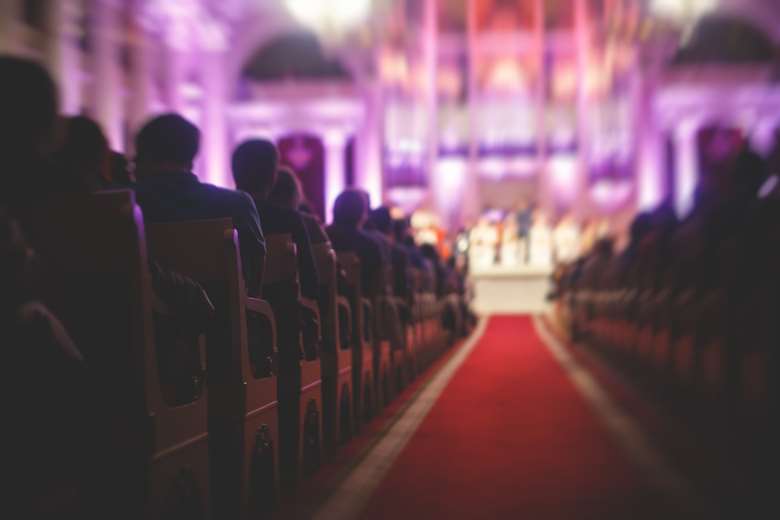The Long View | Do you remember 2002?
Andrew Mellor
Friday, January 7, 2022
We organized music differently twenty years ago. As an industry we’ve changed for better and for worse - but are the biggest changes still to come?


Register now to continue reading
Don’t miss out on our dedicated coverage of the classical music world. Register today to enjoy the following benefits:
- Unlimited access to news pages
- Free weekly email newsletter
- Free access to two subscriber-only articles per month